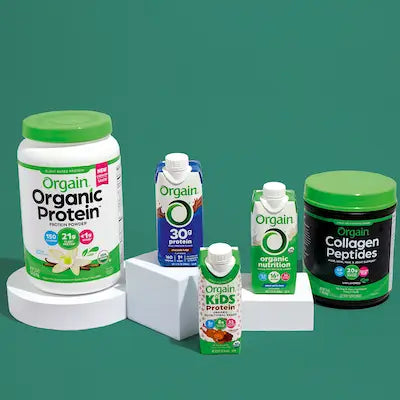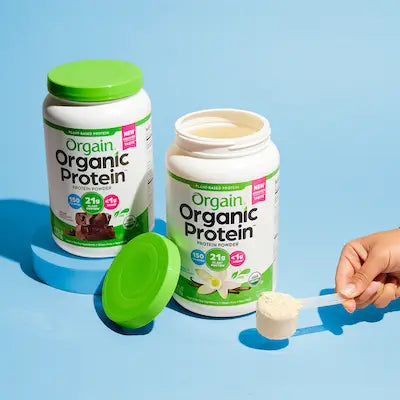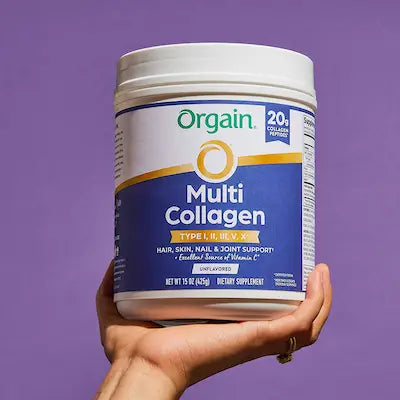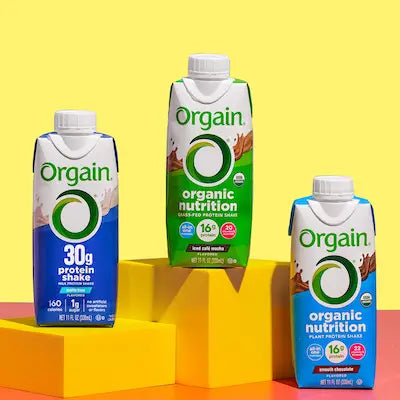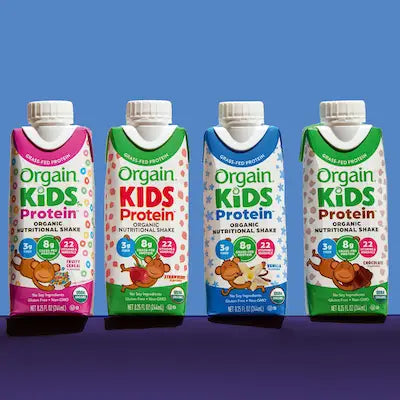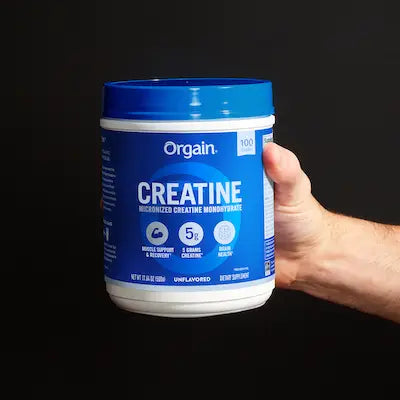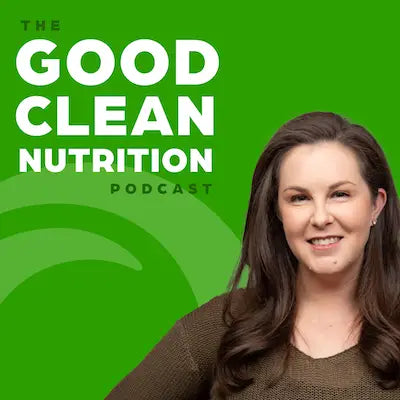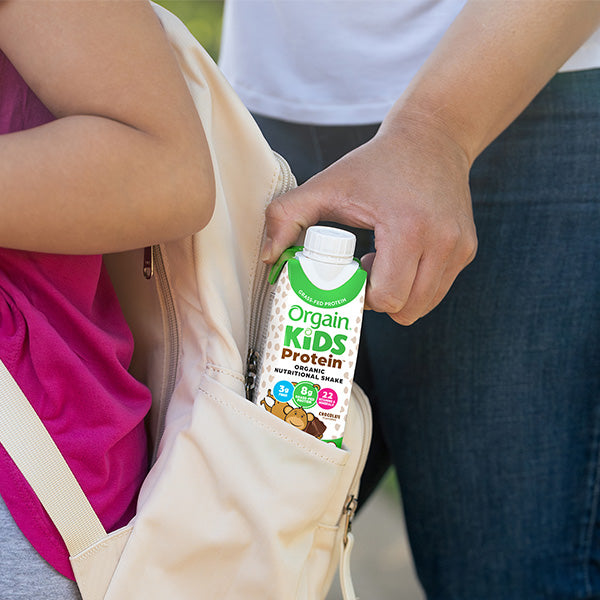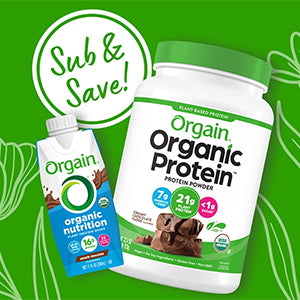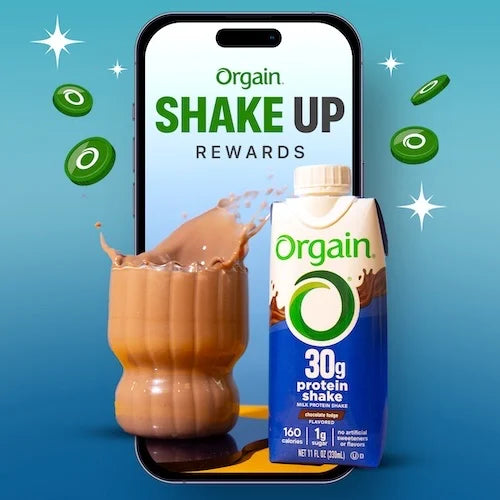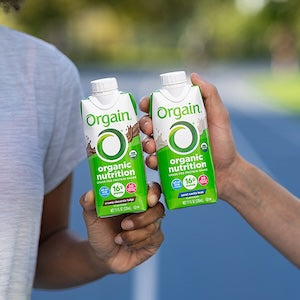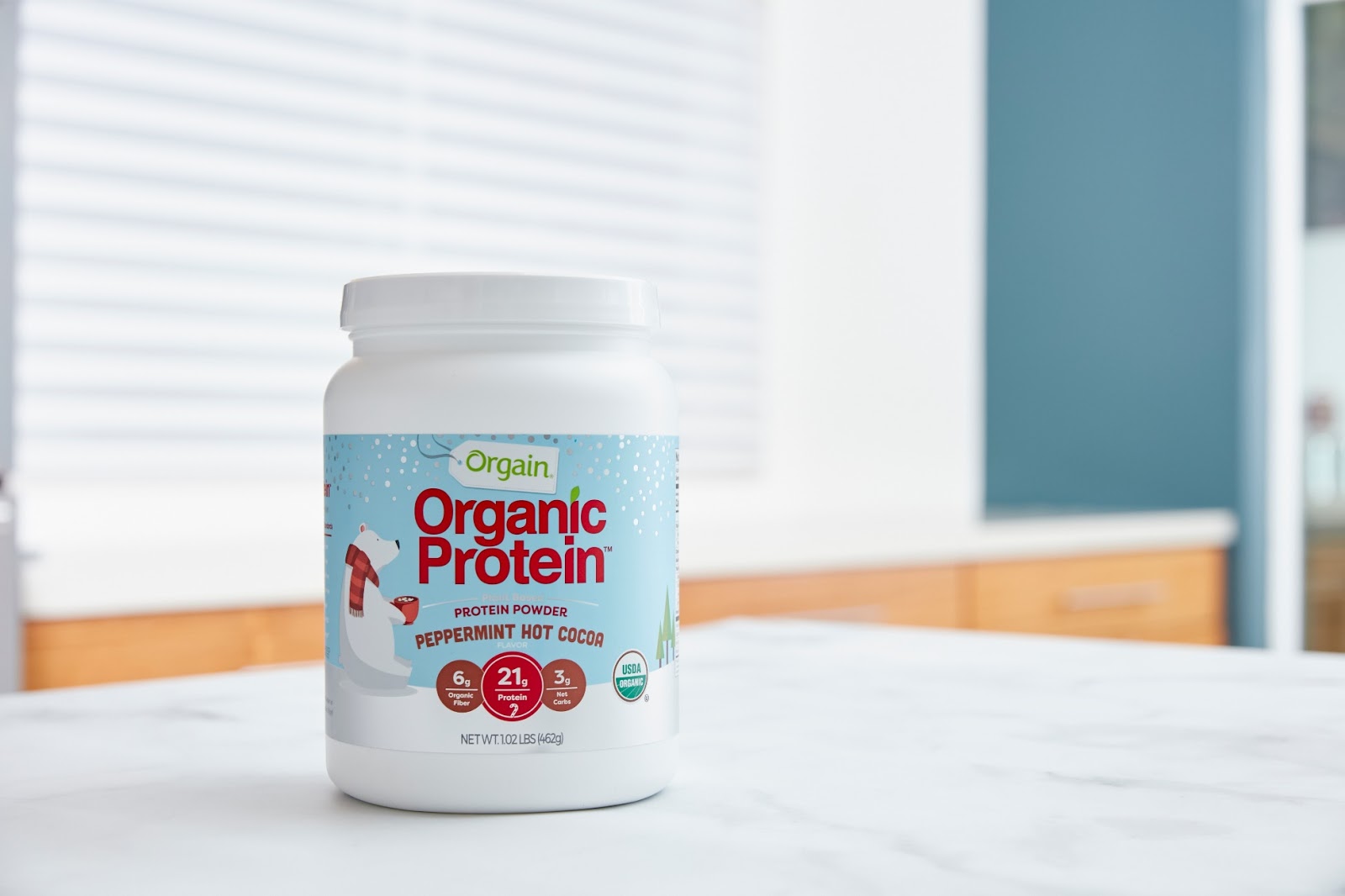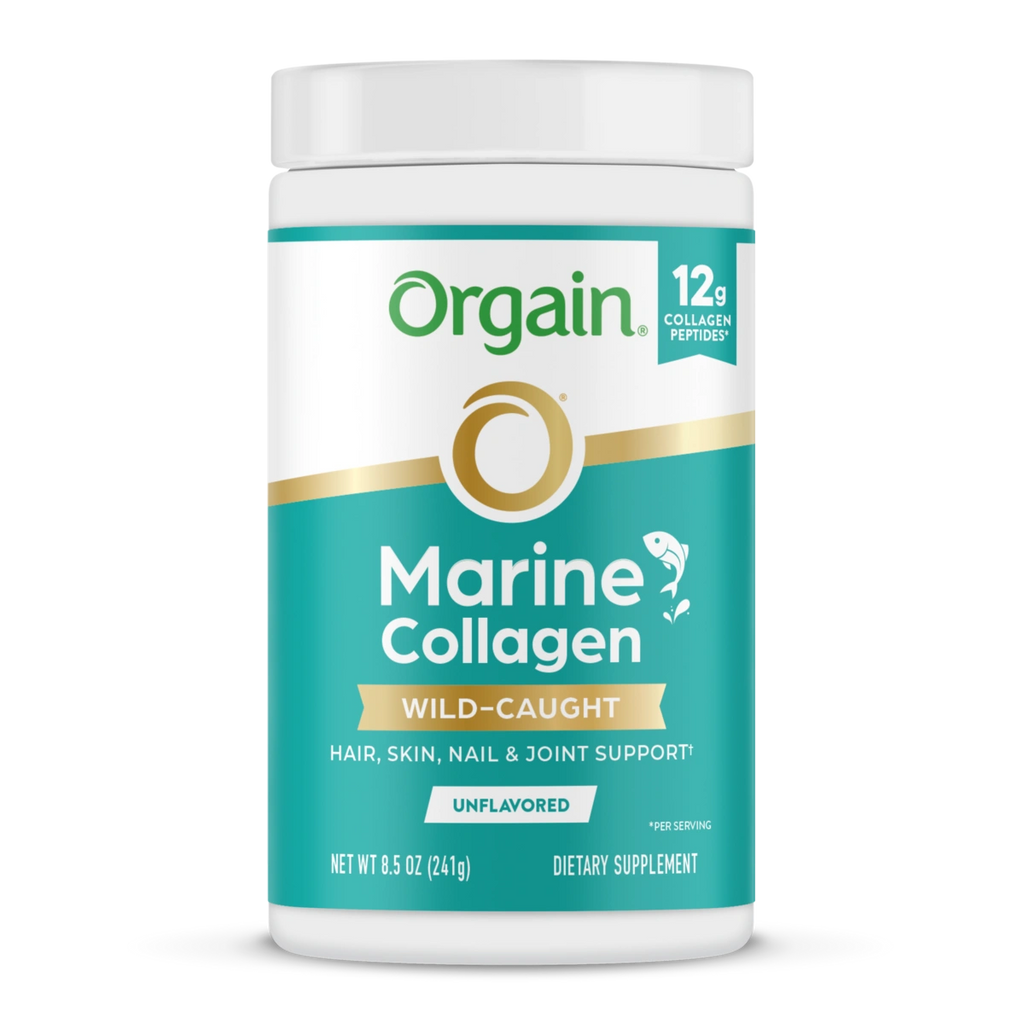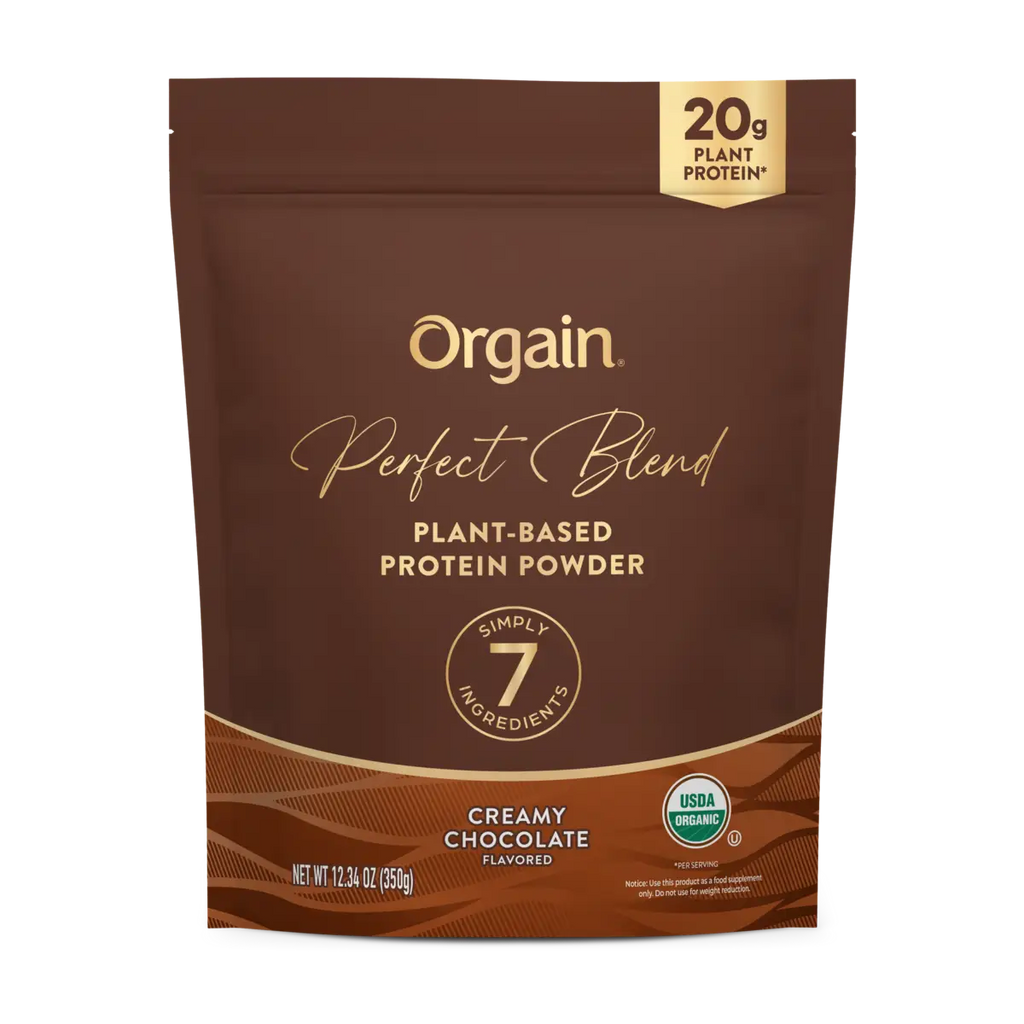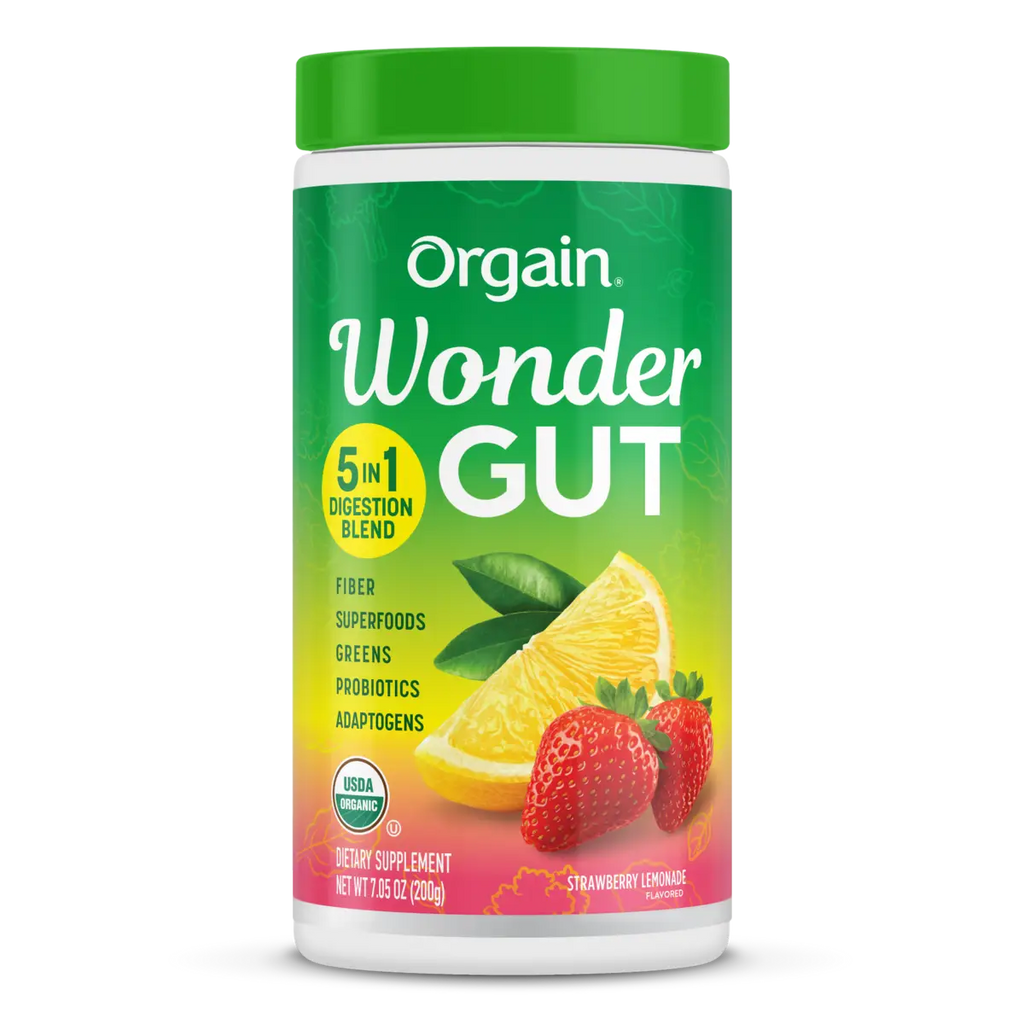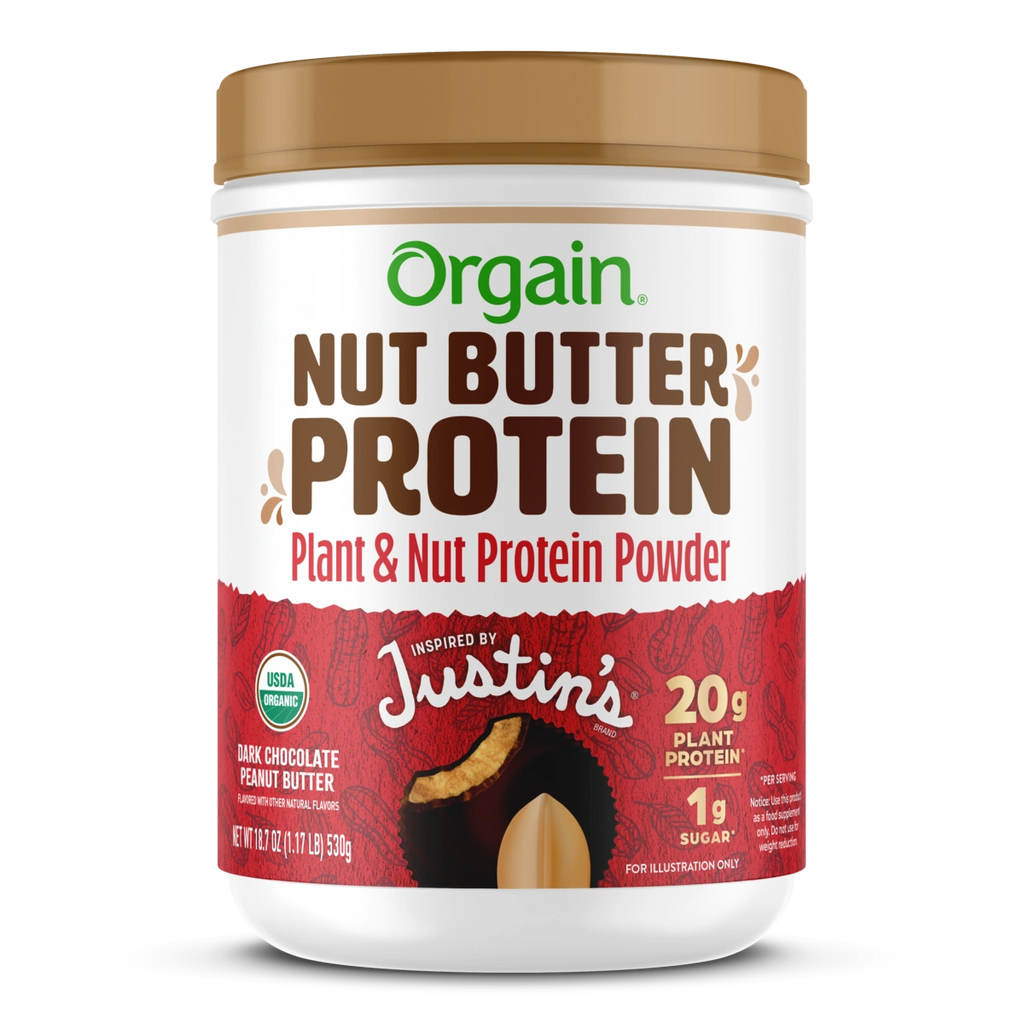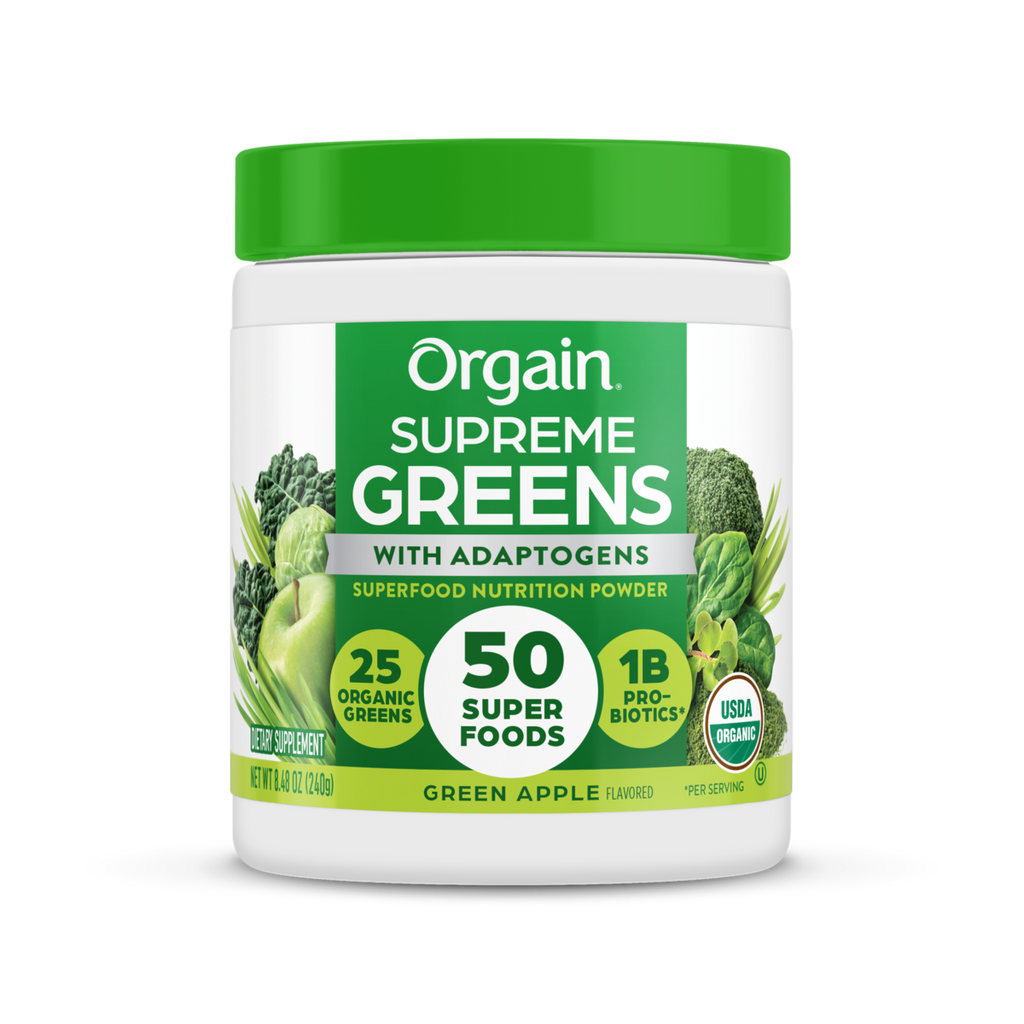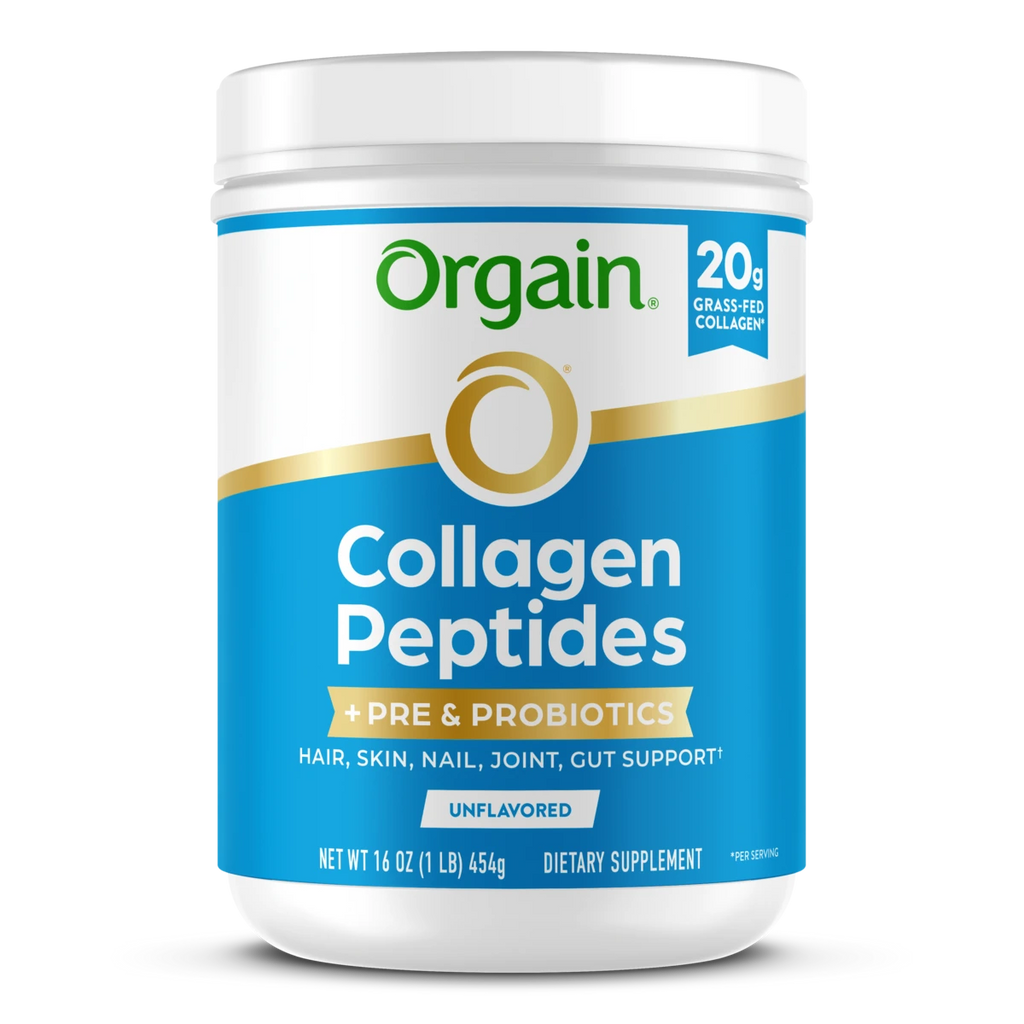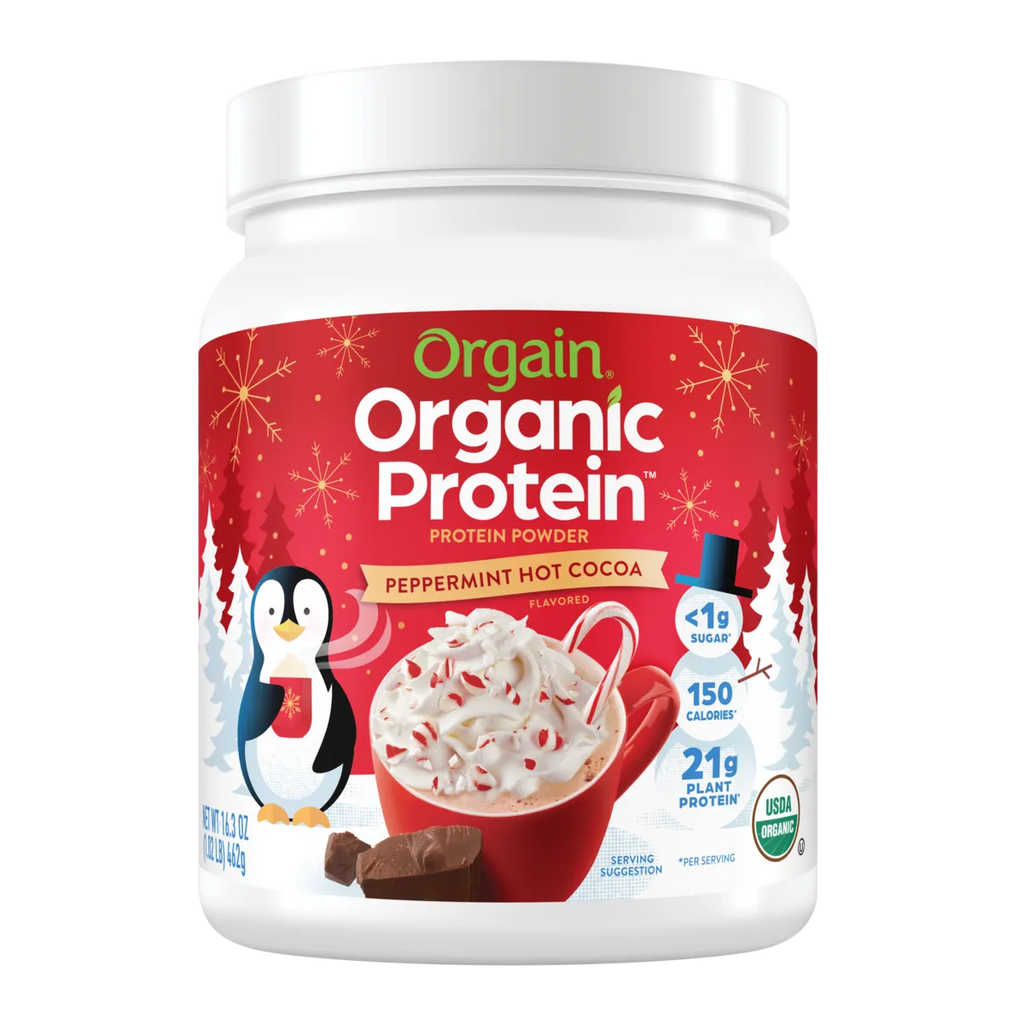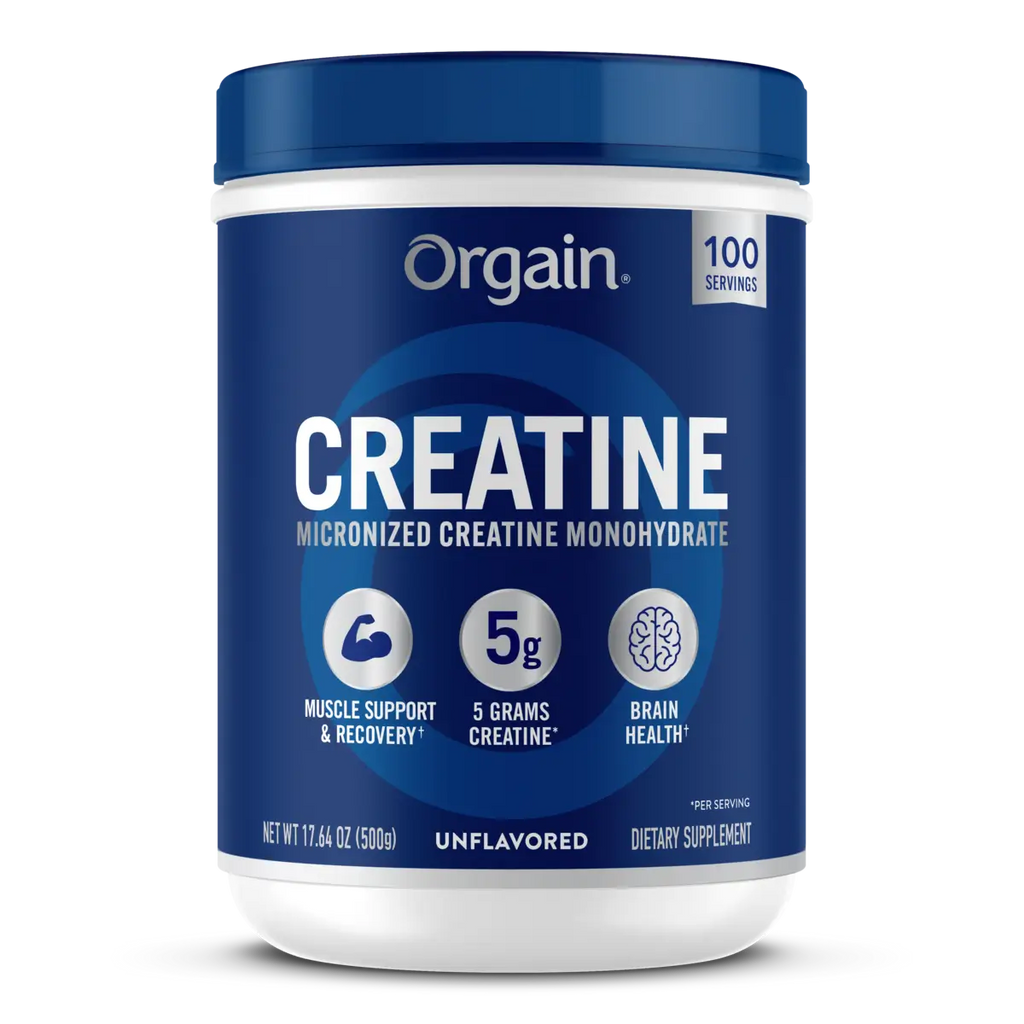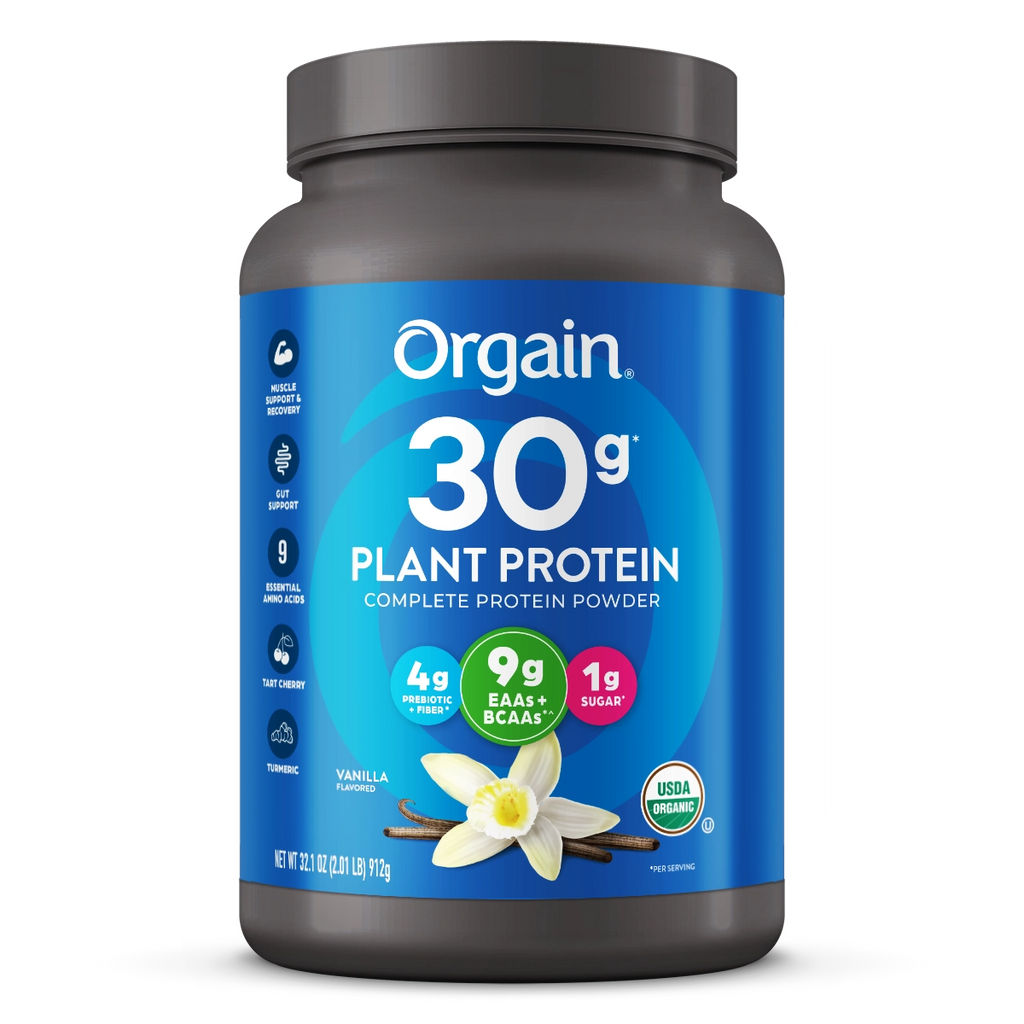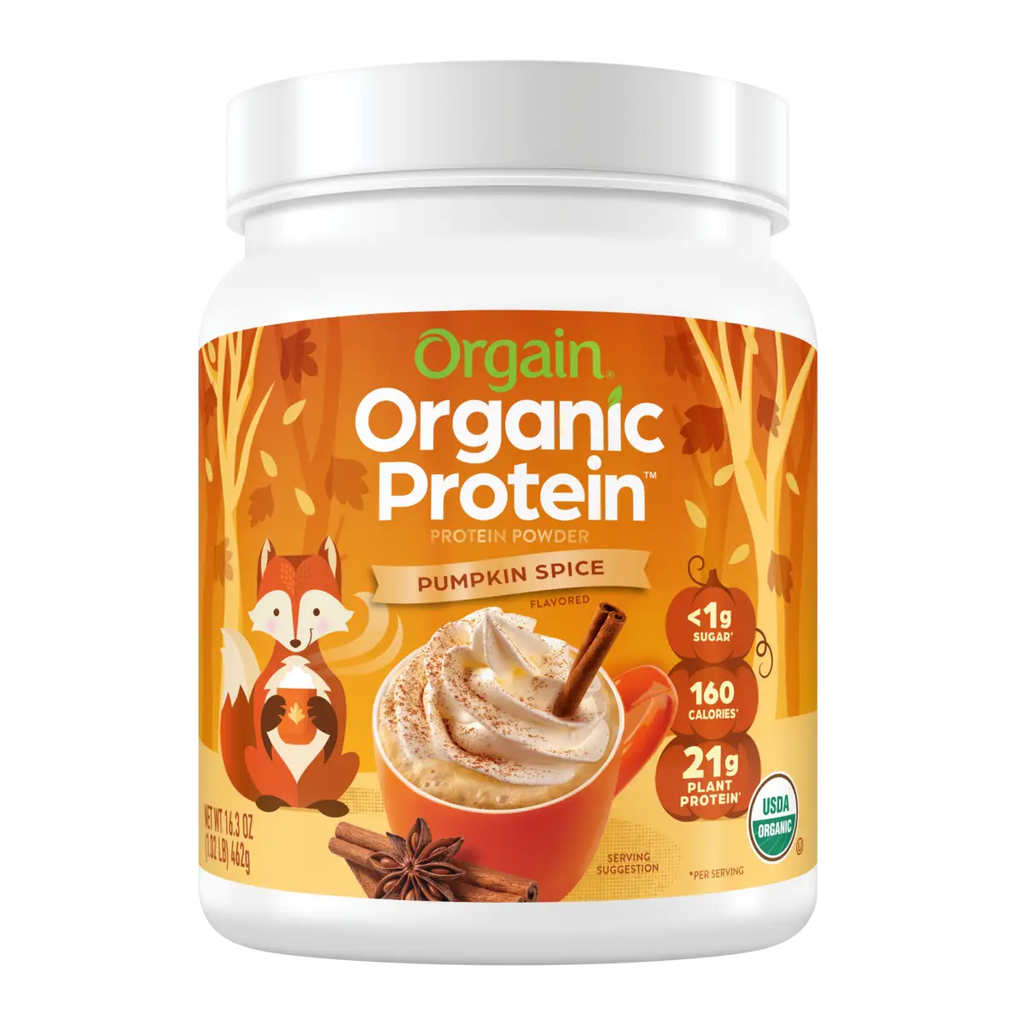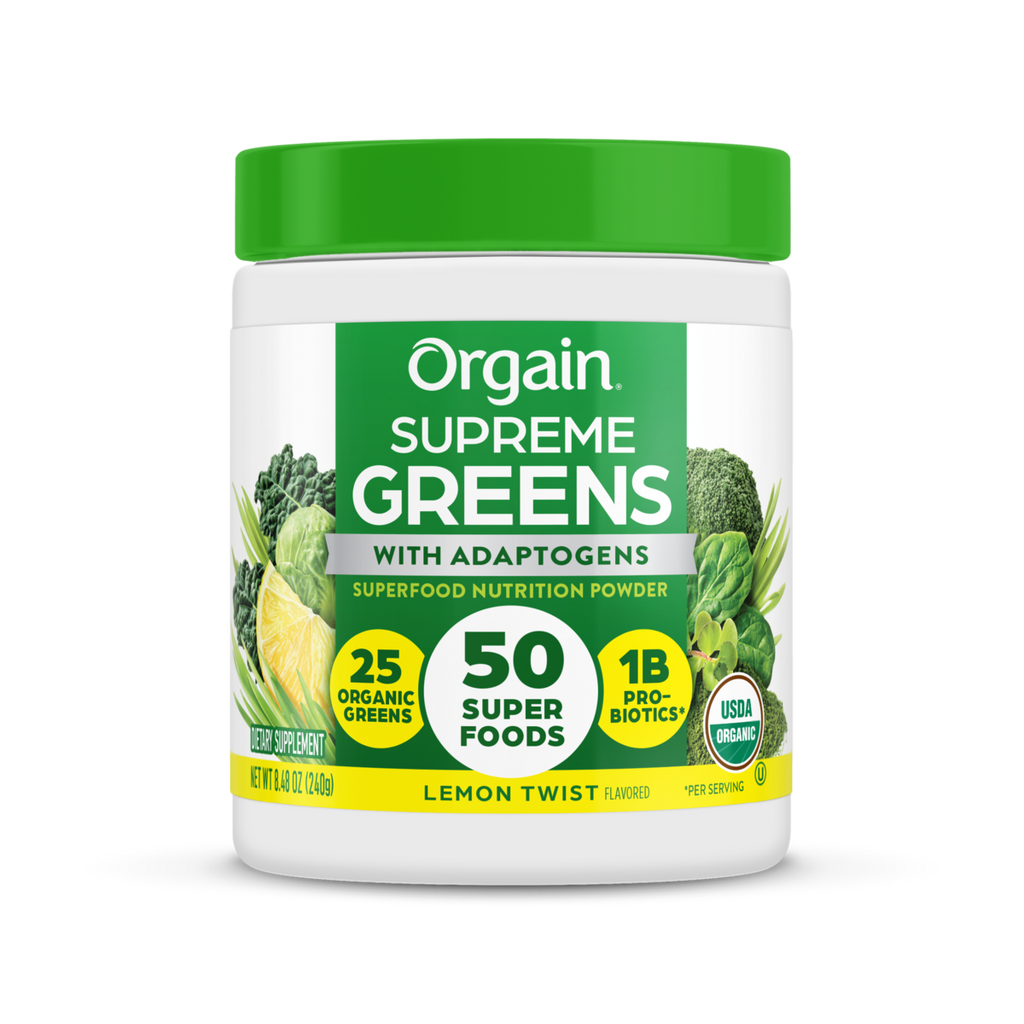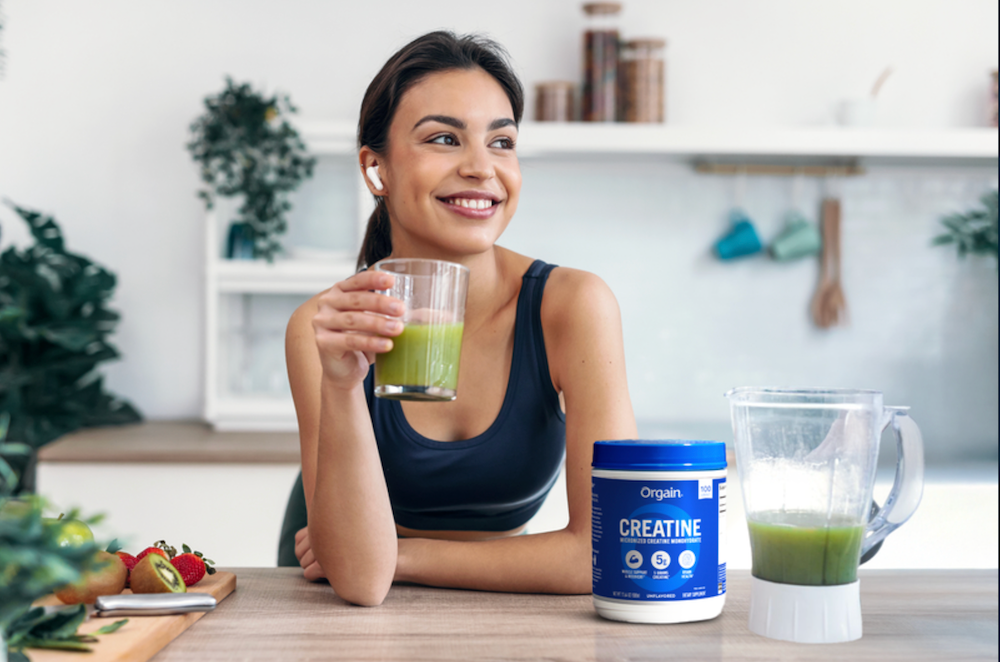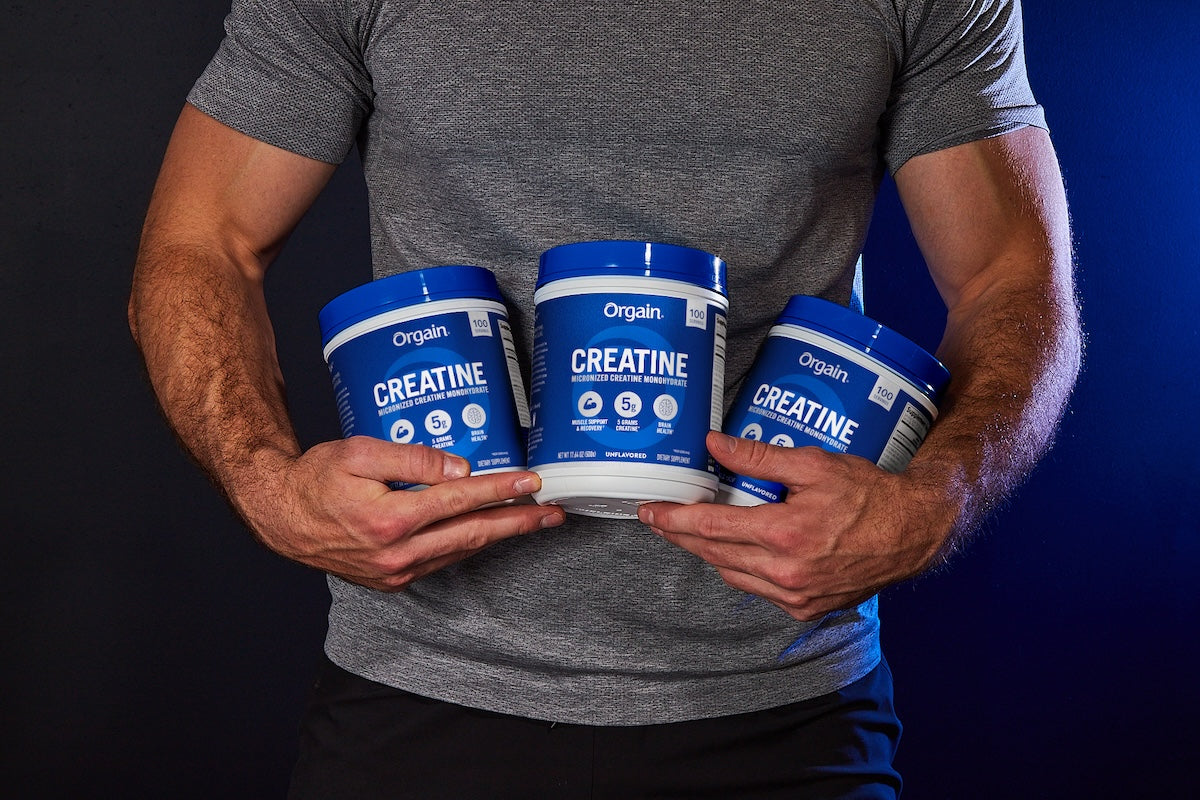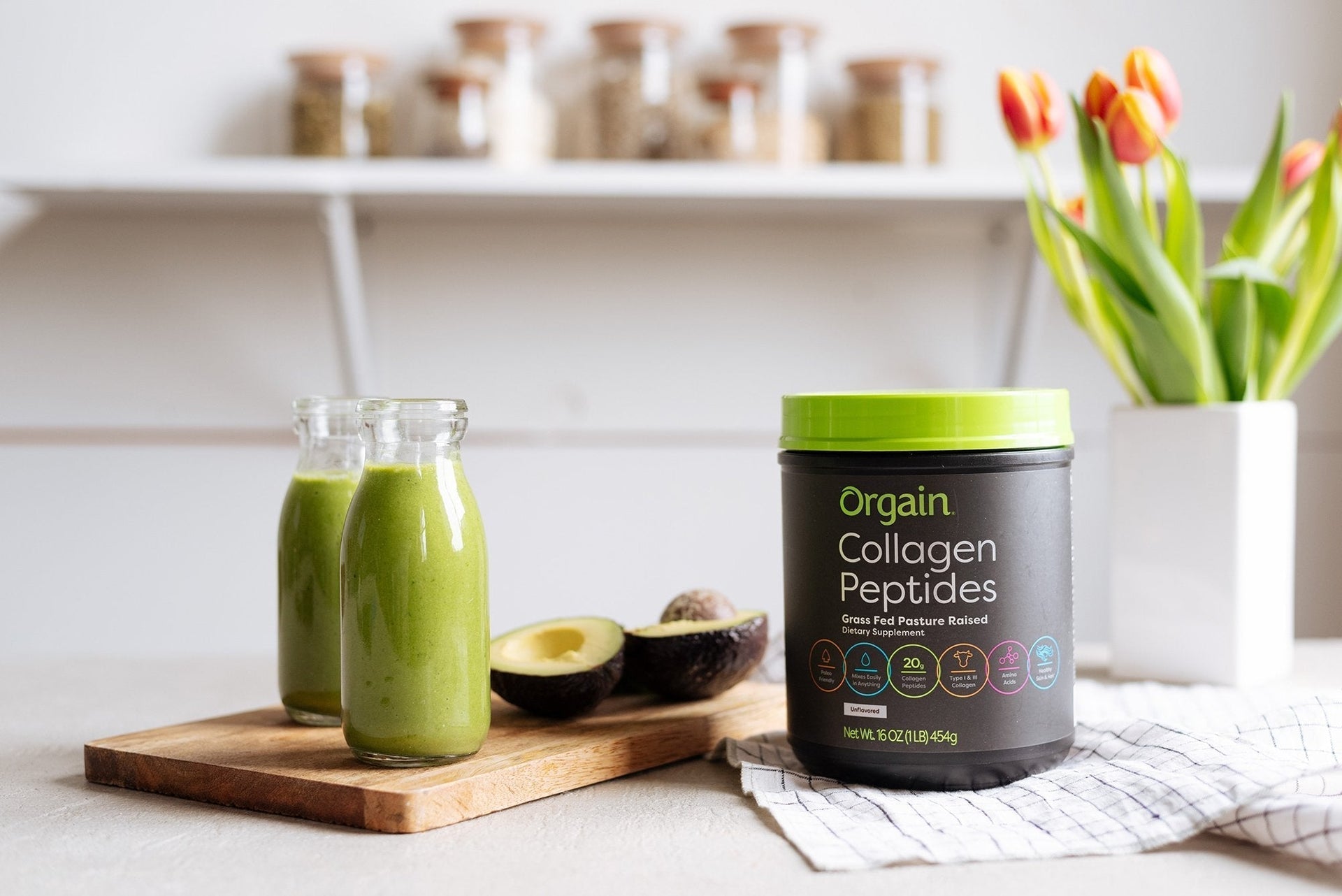Whether you are looking to switch from animal proteins to plant-based protein powder, or if you are just unsure of where to start in the first place, there are plenty of benefits of plant-based protein powder that may help guide you to a healthy and informed decision.
Regardless of what your everyday diet looks like, protein is absolutely essential to your overall health and wellbeing. In fact, your hair and nails are almost entirely made of protein, and your body needs protein in order to build up muscle, repair damaged tissues, and produce things like enzymes, hormones, and other biochemicals. Your body does not store protein on its own, which means you need to be constantly consuming a steady amount of protein each day to keep up with your regular functions!
More specifically, a daily intake of 0.8 grams of protein per kilogram of body weight is recommended. In simpler terms, you should be consuming around 0.35 grams of protein per pound of body weight, and this is the absolute minimum. Sound like a lot? That’s because it is, and it is one of the most important macronutrients you get from your food.
For those whose diets consist of an abundance of animal products like meat, eggs, and dairy, getting enough from food alone is quite easy. On the other hand, those with special dietary restrictions or who are following vegetarian or vegan diets may have a more difficult time achieving their protein goals, and in these cases, it can be incredibly helpful to incorporate a plant-based protein powder into your diet.
Before diving into plant-based protein powder itself, let’s lay down some basics by taking a look at vegan protein in general.
What Are the Best Sources of Plant-Based Protein?
Plant-based protein powders are made from plant foods that naturally contain protein. The best plant protein sources include legumes, whole grains, nuts, and seeds. Thus, plant-based protein powders are made using these ingredients.
Tempeh, edamame beans, and golden peas are even complete sources of protein on their own, which may come as a surprise if you are new to the world of vegan proteins.
Additionally, if you are working on gradually incorporating more plant protein sources into your diet, it is helpful to note that foods like almond butter and nutritional yeast are also good sources of protein that are fairly easy to work into your diet.
What Are the Health Benefits of Vegan Protein Sources?
All of the plant-based sources of protein listed above are noteworthy because of the copious amounts of fiber they contain. This healthy fiber naturally supports digestion and absorption, and may also help decrease mild gas and occasional bloating. Overall, the fiber in plant-based protein sources supports gut health and even heart health.
Moreover, vegan proteins are full of antioxidants, phytonutrients, vitamins, and minerals. On the contrary, many animal sources of protein can contain added hormones or antibiotics, which means it requires extra care for you to choose animal proteins that are safe and healthy.
Environmental Benefits of Plant-Based Protein Sources
Plant-based protein sources also have many benefits when it comes to the environment.
Proteins from plants require less use of land, less consumption of freshwater, and emit fewer greenhouse gases than animal proteins. Even more, when you consume plant proteins, you are no longer contributing to animal agriculture.
Orgain is committed to lessening its negative impact on the world around us, and our Green Initiative Program is dedicated to reducing the environmental impact of our packaging. In 2020 alone, the amount of plastic in our packaging was reduced by 40% without the amount of product being reduced. This change saves 30,000 pounds of plastic each year, our CO2 emissions are reduced by 884,000kg. Most Orgain products are also certified organic and non-GMO so that you can get your protein without the junk!
Is Plant-Based Protein Powder as Nutritious as Animal Proteins?
Contrary to popular belief, plant-based protein powders can actually be highly nutritious. As long as you are choosing a protein powder that makes use of a combination of plant proteins, you can rest assured that you are getting all nine essential amino acids while also supporting your body’s needed protein intake.
Orgain offers a wide variety of plant-based protein powders. Our classic Organic Plant-Based Protein Powder offers protein from peas, brown rice, and chia seeds, while also making use of other natural ingredients. It has 21 grams of vegan protein per serving and boasts only 150 calories per serving. This protein powder is made without dairy, soy, gluten, and lactose, making it great for those with allergies or sensitivities.
If you want even more of a boost, you can also opt for a plant-based protein powder that incorporates superfoods as well. For example, Orgain’s Organic Protein™ and Superfoods Plant-Based Protein Powder is packed with nutrients from 50 superfoods such as quinoa, kale, acai, and beets, to name just a few. Again, this product offers protein from a combination of pea protein, brown rice protein, and chia seeds, so you are getting all nine essential amino acids to fuel your busy day!
Summary
By and large, plant-based protein powder is an easy way to make sure you are getting enough protein, especially if you generally do not consume animal products.
Plant-based protein powders have been gaining popularity, and there are plenty of benefits these powders carry that may account for this rise in popularity. Plant-based protein powders contain plenty of fiber, less fat, and tons of the essential nutrients of its animal-product-based counterparts, making them a wonderful way to get your vitamins and minerals while also upping your protein intake.
Some common sources of plant protein are legumes, whole grains, and nuts and seeds, so these are the foods often incorporated into plant-based protein powders. It is always best to use plant protein sources in combination with each other because this ensures that you are getting ample amounts of the nine essential amino acids, but some plant-based protein sources are actually complete proteins on their own.
Because plant proteins need to be consumed in combination in order for you to get all of the amino acids your body needs, a protein powder is a fast and simple way to accomplish this without having to introduce several new foods into your daily diet. These days, plenty of plant-based protein powders exist, but this does not mean that all of them are up to the same standards.
That being said, Orgain’s plant-based protein powder options offer clean, green nutrition without sacrificing taste or nutrients. If you are tired of the endless hunt for a delicious and clean vegan protein powder, we have what you need!
Sources:
https://www.hsph.harvard.edu/nutritionsource/what-should-you-eat/protein/
https://health.clevelandclinic.org/do-i-need-to-worry-about-eating-complete-proteins/
